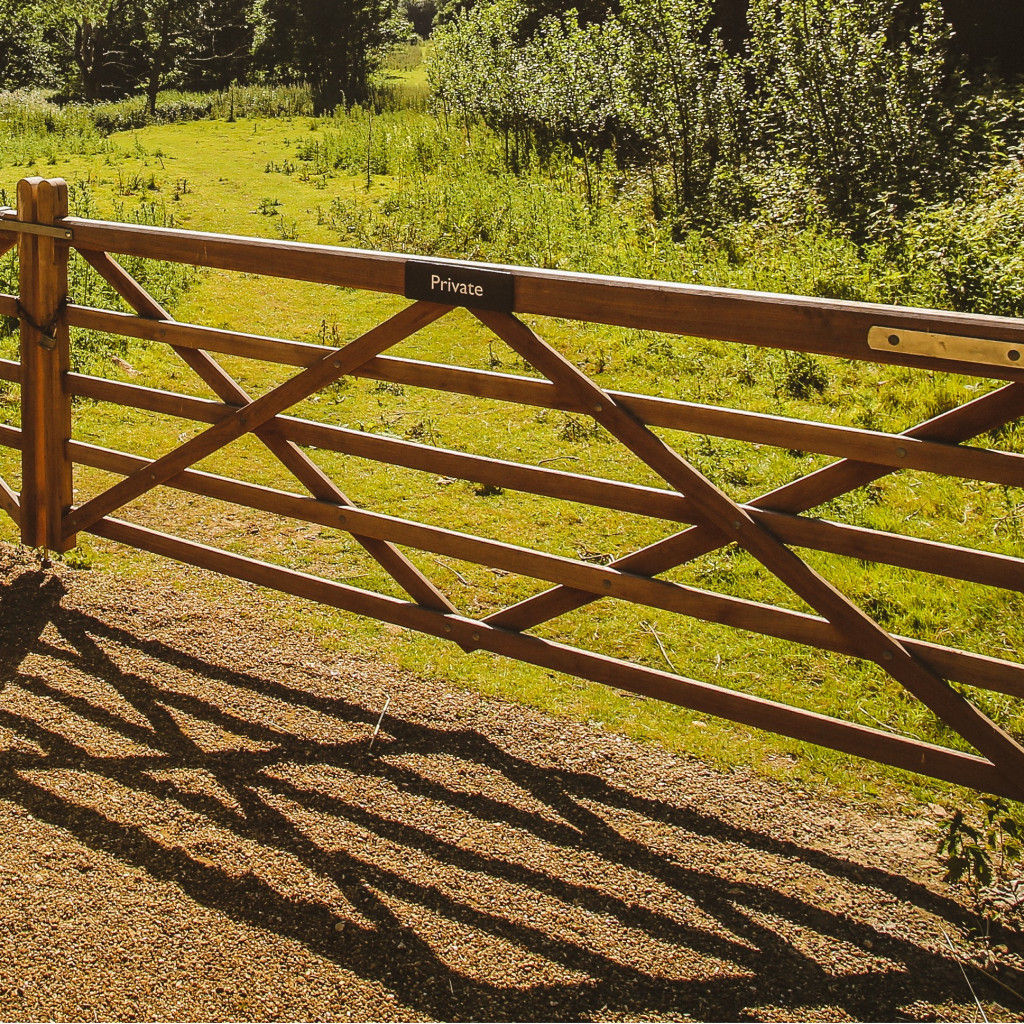Adverse possession is all about claiming someone else’s land as your own on the basis of your possession of it for a period designated by law. Of course, not all kinds of occupation lead to eventual ownership.
What counts as being in possession?
Fundamentally, it means being in possession of the land to the exclusion of all others and especially the rightful or paper owner. So the easiest way to demonstrate this is by fencing the land into your own land and keeping everyone else out. But that is not always essential and there is a lot of complex legal authority on what is good enough in various circumstances.
What kind of possession counts as adverse?
- Occupation with the owner’s permission is not “adverse.” This would include leases or even just informal permission to be there.
- Possession by force, removing locks or pulling down fences won’t count either. In the modern world, a barrier need not be a physical obstruction and a ‘Private keep out’ sign or a letter saying you are trespassing is enough.
- One can’t rely on secret or covert occupation that the rightful owner may be unaware of and not able to object to. This sometimes defeats squatter claims where the owner of the property is away long term. More often it arises where the land is, say, a field or woodland and adverse occupation of it is not easily detectable.
Any of the above may be enough to stop possession being adverse and prevent rights being acquired.
Is the legal period 10 years or 12 years?
The adverse possession needs to be continuous for the required legal period. For unregistered land that period is 12 years. The same applies to registered land where the 12 year period was already satisfied before 13 October 2003 when the Land Registration Act 2002 took effect.
For other registered land the period is 10 years and an application to HM Land Registry is required. The rules are very specific and a rejected application will mean that no further application can be made within two years.
Do “squatters’ rights” still exist?
This term is probably now really only relevant to unregistered land or rights acquired before 13 October 2003 under the “old law” (12 year rule). This is because of the requirement under the “new law” (10 year rule) that adverse possession has to be in the reasonable belief that the land is yours which would not be the case with squatters. Even if that were not conclusive, there are other requirements which most squatters would not satisfy.
How to apply for possessory title
Under the “old law” (i.e. where 12 years adverse possession had clocked up before pre- 13 October 2003 when the Land Registration Act 2002 took effect in respect of registered land), once the adverse possessor had clocked up 12 years, the land was thereafter automatically held in trust for them by the paper owner. This made them the “beneficial owner” but to get the deeds into their name they had to apply to HM Land Registry. They would not obtain absolute title, but possessory title.
Under the “new law”, applying to registered land, no trust is created after the required 10 years of adverse possession and in order to obtain any interest in the land at all the possessor must apply to HM Land Registry. The application is similar in many respects to an “old law” application but under the “new law” there are several additional conditions to be met and it is more difficult to obtain possessory title.
A key difference is that under the “old law”, once the possessor had the necessary 12 years they had the right to be registered and that would not be lost inadvertently as a result of subsequent events. Under the “new law”, the right to apply for registration is generally lost if the possessor is dispossessed by the rightful or paper owner.
What should I do if someone is in possession of my land?
It is very important to remove them from the land and reclaim possession of it (and ideally secure it so they cannot retake possession) before they have satisfied the 10 year period. If they have 10 years adverse possession but have not (yet) made an application for possessory title, they will lose the right to do so once they have been dispossessed for 6 months or more, so it is still important to reclaim possession of your land.
An alternative to removing someone who wrongfully possesses property is to grant them permission to occupy it. However, there are traps, such as inadvertently granting a lease of the land, and any permission should be drafted carefully and properly documented in writing and kept on record. Professional assistance is advised.
What should I do if I am the one in adverse possession of land?
For the above reasons you should apply promptly to HM Land Registry for a possessory title as soon as you have the requisite 10 years and can satisfy the conditions. If you are dispossessed, you have only 6 months to apply.
Why Tozers?
Adverse possession is a really interesting (if complicated) area of law, where there is much to be gained or lost. No matter which side of the fence you may be on (sorry!) early advice is necessary if your interests are to be properly protected. We combine specialist legal knowledge with a practical approach - to achieve the best outcome for our clients.






